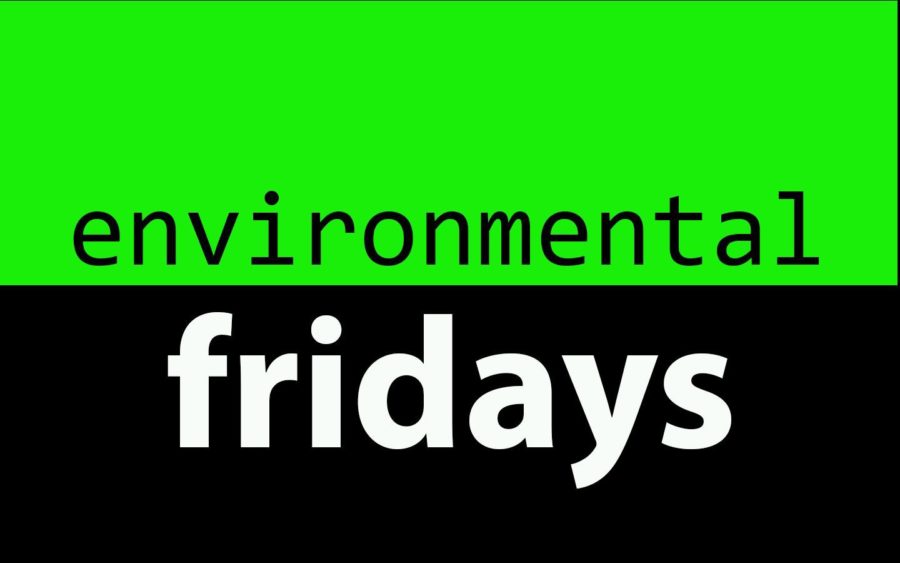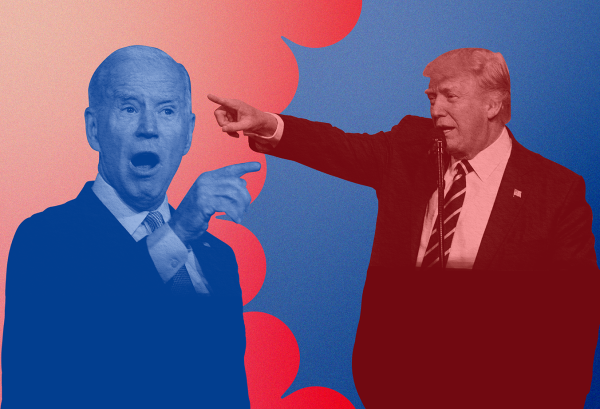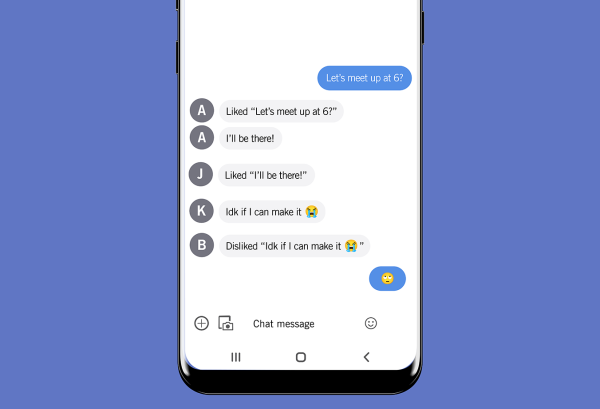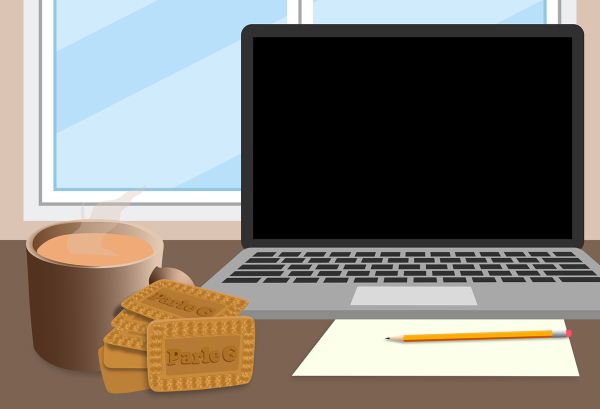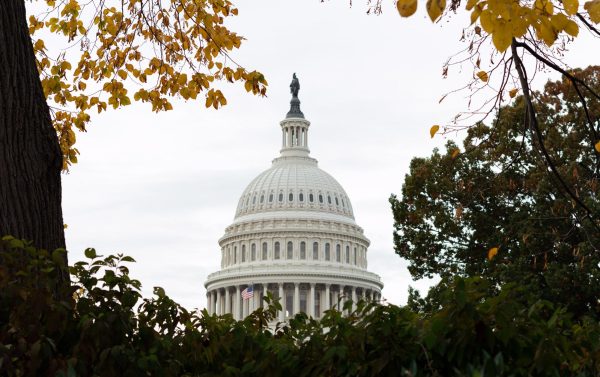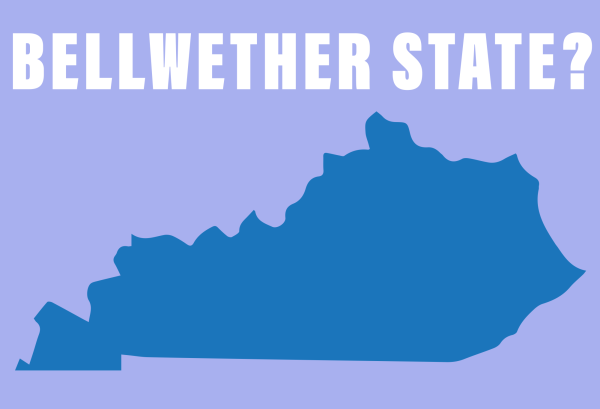Plastic Bag Pollution: Why we should care and what we can do about it
October 5, 2018
Plastic bags are an unnecessary evil, and we need to reframe the way we see these seemingly mundane grocery items here in Lexington.
These high-density polyethylene receptacles were only introduced to supermarkets in 1977. We’ve done without them before and can do without them again; anyone who thinks otherwise obviously hasn’t experienced the wonder of the average tote bag.
Americans use 100 billion plastic bags a year. The amount of gas it takes to make 14 plastic bags is enough to drive a mile. That’s more than 71 million miles worth of gas annually wasted on making these single-use items.
It takes more than 500 years for plastic bags to degrade. When they do, they don’t even degrade all the way, becoming microplastics that absorb toxins and continue to pollute the environment and the human food supply.
Less than 1 percent of Americans recycle their plastic bags (which require special recycling drop off in stores), which means that approximately 990 million plastic bags end up in landfills or littered.
Other countries such as Germany, Australia, Africa and China have introduced a charge on plastic bags or have banned them outright. It is simply embarrassing for America to be this far behind the curve.
Over 100,000 marine animals are killed by plastic bags every year; 1 in 3 endangered leather back turtles have been found to have ingested plastic. Plastic bags are particularly problematic because they look like jellyfish to the unwitting turtle.
At Euclid Kroger in Lexington, the favorite grocery haunt of many UK students, plastic bags are still in plentiful supply. There’s no deterrence tax, no signage and nothing to suggesting that plastic bag use is negatively affecting our planet. The normality of plastic bag use in the USA, with 1,500 plastic bags used per year by the average family, reinforces our throwaway society to the detriment of the environment and human health.
What can we do about it?
1) Commit to stop using plastic bags. Bring your own tote bag shopping, maybe keeping one in your car for those last-minute grocery needs.
2) Choose non-plastic locations. If you’ve forgotten your reusable bag, make the choice to shop at places that don’t have the plastic bag option, such as Trader Joe’s and Whole Foods.
3) Recycle. The website Plastic Film Recycling allows you to input your zip code and find locations for plastic bag recycling collection. In the 40508 zip code district, there are 55 locations (including Euclid Kroger). Save up your plastic bags at home and maybe keep them in your tote bag to remember to take them with you next time you go to the store.
4) Sign the UK “Pass on Plastic” pledge, which is an initiative through UK Recycling, UK Dining and UK Sustainability that encourages the UK community to become part of the solution for this issue. Finally, support groups such as ByeByePlasticBags.
If you want to learn more and become as upset by plastic bags as I am (and receive bonus righteous anger!), check out The Citizens Campaign for the Environment. If not for the entire planet, do it for the turtles.









































































































































